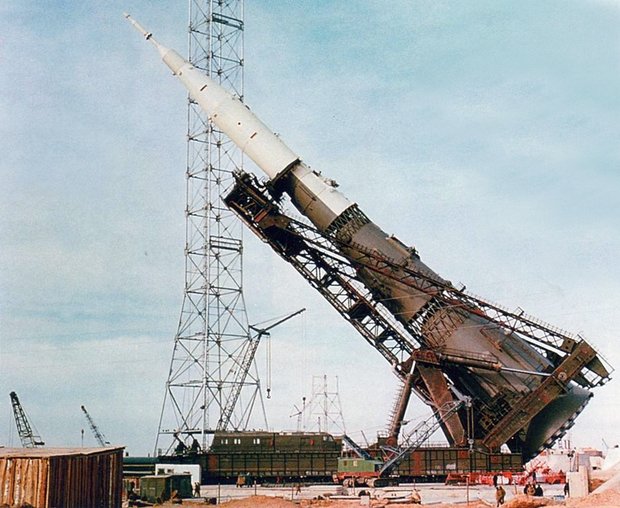Can one dreamer outpace entire state space industry?
Elon Musk's SpaceX is achieving goals that the Russian space programme has dropped
The private American airspace manufacturer SpaceX was often criticised and mocked for unattainable goals and impossible timeframes. Nonetheless, the company's owner Elon Musk is moving consistently towards his dream – the colonisation of Mars – leaving his competitors from state-run space industries all over the world behind.
Last week's launch of Falcon Heavy rocket by SpaceX echoed most powerfully in Russia, considers Bloomberg emphasising that Elon Musk's private space company continues to produce technical feats on which the Russian space industry has given up, such as the consistent reuse of rockets and the successful launch of a super heavy-lift rocket. The latter was designed by famous Soviet rocket engineer Sergey Korolyov and constructed by the Soviet Union in the 1960s. However, each of four test launches of the 30-engine rocket capable of taking a 75-tonne space station to orbit and perhaps to the Moon, Mars and Venus failed due to technical difficulties and lack of funding.
Modern Russia also intends to build a rocket that would be capable of flying to the Moon or to Mars. Head of the Russian State Corporation for Space Activities (Roscosmos) Igor Komarov has promised to perform the vehicle's first launch in 2028, but, according to Bloomberg, the plan is not fully funded. Therefore, Elon Musk now has the most capable rocket in the world, which can lift up to 64 tonnes into orbit.

If the Soviet Union's space records were set for the glory of the nation, the Russian space programme is working more pragmatically. Using time-tested technology, Russia became the leader of the commercial launch market. However, last year, SpaceX approached the leadership and, probably, its own profitability as the company managed to reduce launch costs by reusing rockets. Roscosmos acknowledged the threat and is now seeking to bring down its costs by 20% and reuse rocket components, but it won't be easy to catch SpaceX.
Critics say that Elon Musk wouldn't reach success without government support such as technical assistance from NASA and state subsidies. But other players of the US aerospace industry also get money from the government as well as European, Chinese, Japanese and Indian space programmes. The difference is that in SpaceX there is a dream behind the engineering and the enterprise. Musk described his dream in a white paper that he published last year. He admitted that an intention to colonise Mars was his only motivation for getting rich. The dream may not look as serious as state considerations of senior officials, but it sure helps propel some heavy objects into space, believes Bloomberg.